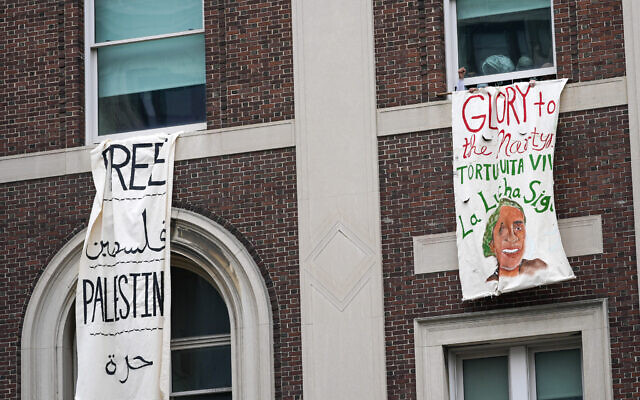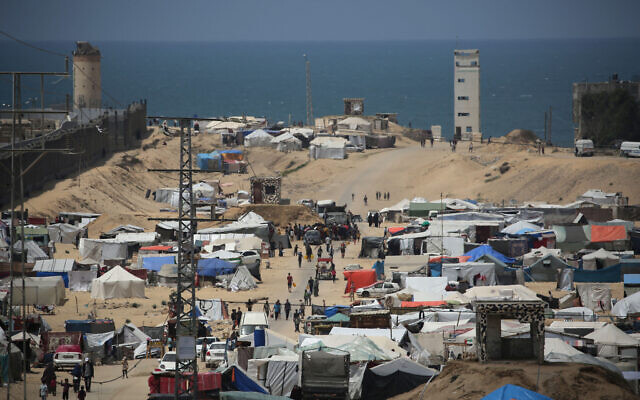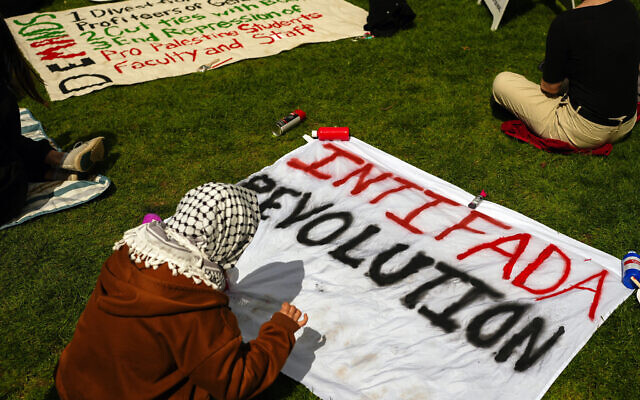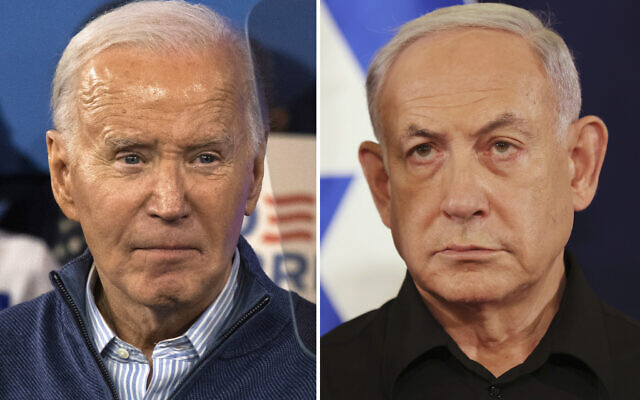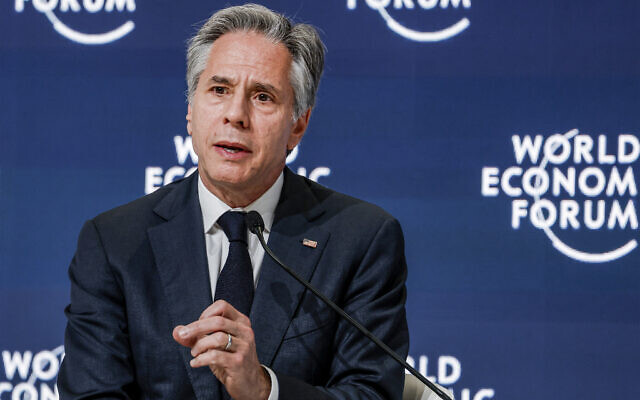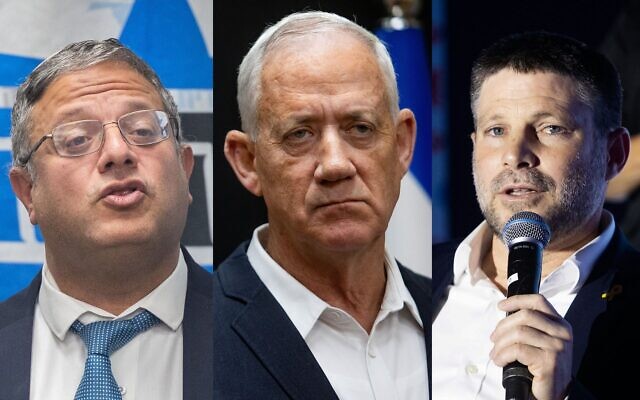Puma ends Israel soccer team sponsorship; Zara cancels ad campaign
As BDS movement takes credit for Puma move, Football Association dismisses ‘pathetic attempt’ to mislead public; Zara removes ads after accusations fashion shoot referenced Gaza

Puma has decided to terminate its sponsorship of the Israeli Football Association in a decision unrelated to the Israel-Hamas war, The Financial Times reported Tuesday.
The report said the decision by the German group was made a year ago, and was unrelated to consumer backlash over the sponsorship.
In 2019, supporters of the Boycott, Divestment and Sanctions (BDS) movement against Israel put up fake advertisements on a line of the London Underground, calling for a boycott of the Puma sports company over its sponsorship of Israel’s national team.
The posters featured the Puma logo along with the words “Boycott – Give Puma the boot” as well as pictures of Israeli soldiers arresting Palestinian youths.
They also called Puma “proud sponsors of Israeli apartheid.”
In response to the Tuesday announcement, the anti-Israel movement took credit for Puma’s decision, stating, “BDS works.”
AMAZING news! #BDS is UNSTOPPABLE! https://t.co/9aYhtiLnI1
— IPSC (@ipsc48) December 12, 2023
The Israel Football Association rejected the BDS claim, which it called “a pathetic attempt” at misleading public opinion, according to the Financial Times report.
Meanwhile, fashion retailer Zara has apologized for a “misunderstanding” about an ad campaign that some pro-Palestinian activists claimed was mocking Gaza amid the Israel-Hamas war, the BBC reported Tuesday.
The company reportedly removed the ads, which featured photos of models holding mannequins in white bags, after complaints from the UK’s advertising watchdog and calls for a boycott.
???????? | Massive boycott campaign against Zara.
Zara has come under scrutiny from pro-Palestinian activists who entered one of its stores to express their grievances, advocating for a boycott.
This heightened attention followed the launch of Zara's new advertising campaign,… pic.twitter.com/d1ZpgH3uFY
— Breaking News (@PlanetReportHQ) December 12, 2023
In a statement posted to social media, Zara explained that the photo shoot was intended to present “a series of images of unfinished sculptures in a sculptor’s studio and was created with the sole purpose of showcasing craft made garments in an artistic context.”
The fashion company charged that opponents “saw in [the ads] something far from what was intended when they were created.”
The boycott movement against Israel has swelled since Hamas’s October 7 massacre, when 3,000 terrorists burst across the border from Gaza into Israel in a shock assault, killing some 1,200 people, mostly civilians slaughtered in their homes and at a music festival amid brutal atrocities, and taking at least 240 hostages.
Israel swiftly declared war on Hamas, which is openly committed to destroying the Jewish state. The IDF offensive in Gaza aims to eliminate the Islamist group and to secure the release of the hostages.
The Hamas-run health ministry in the Gaza Strip has claimed that over 18,000 people have been killed since October 7 amid Israel’s airstrikes and ground offensive. These figures cannot be independently verified and are believed to include some 7,000 Hamas terrorists, according to Israel, as well as civilians killed by misfired Palestinian rockets. Another estimated 1,000 terrorists were killed in Israel during the October 7 onslaught.
Across the region and around the world, people angered by the Israeli attacks have turned against brands associated with Israel and its allies, notably the United States. It is not clear that such boycott calls have had a substantial effect on companies.
This has been accompanied by calls for Arab states to cut ties with Israel, while pro-Palestinian and anti-Israel rallies have taken place weekly in major capitals.



